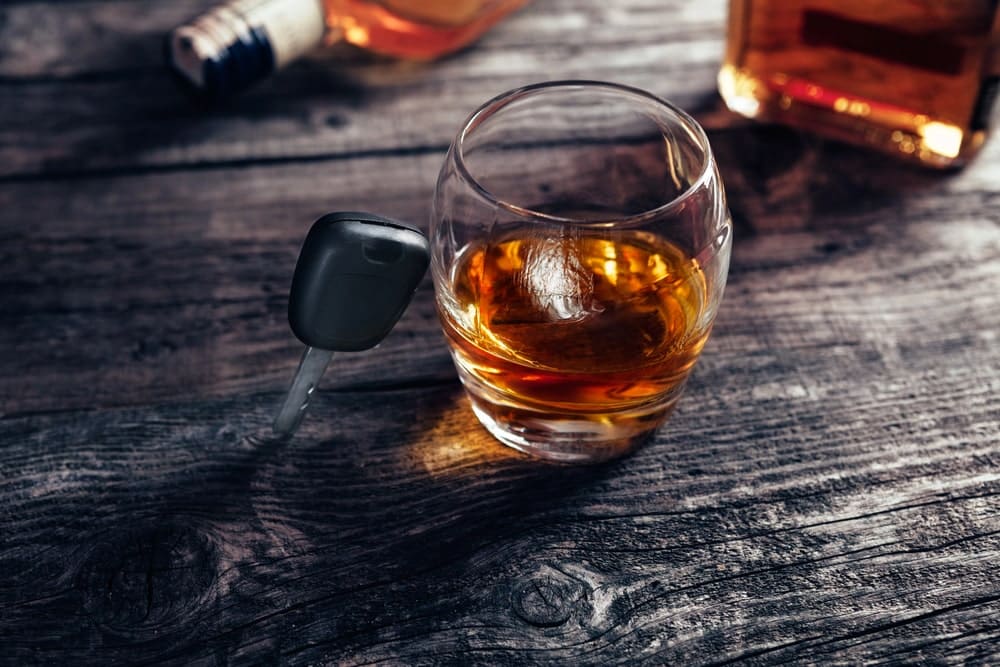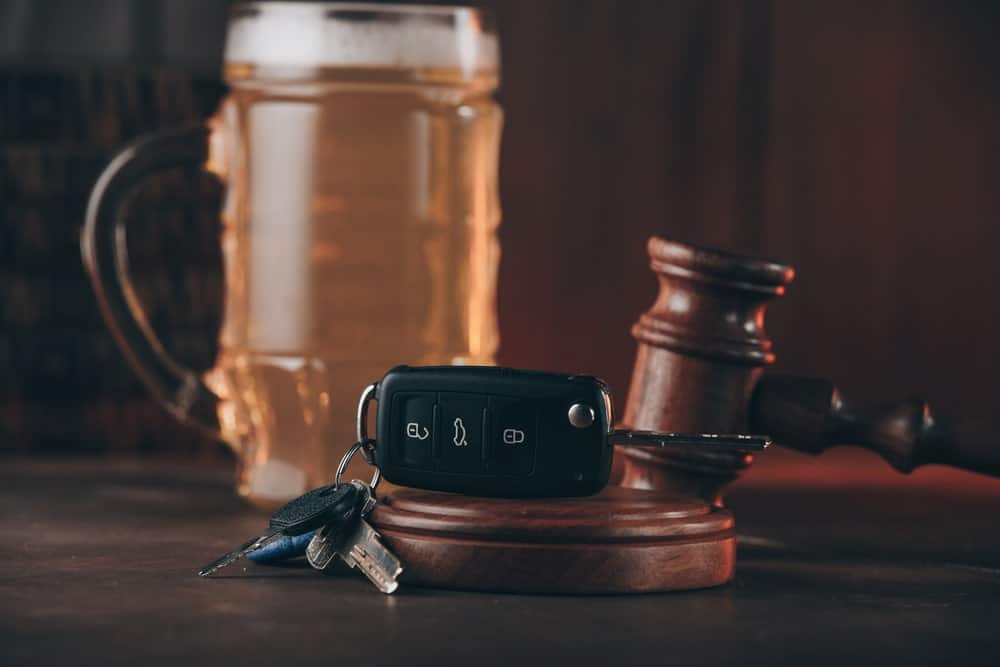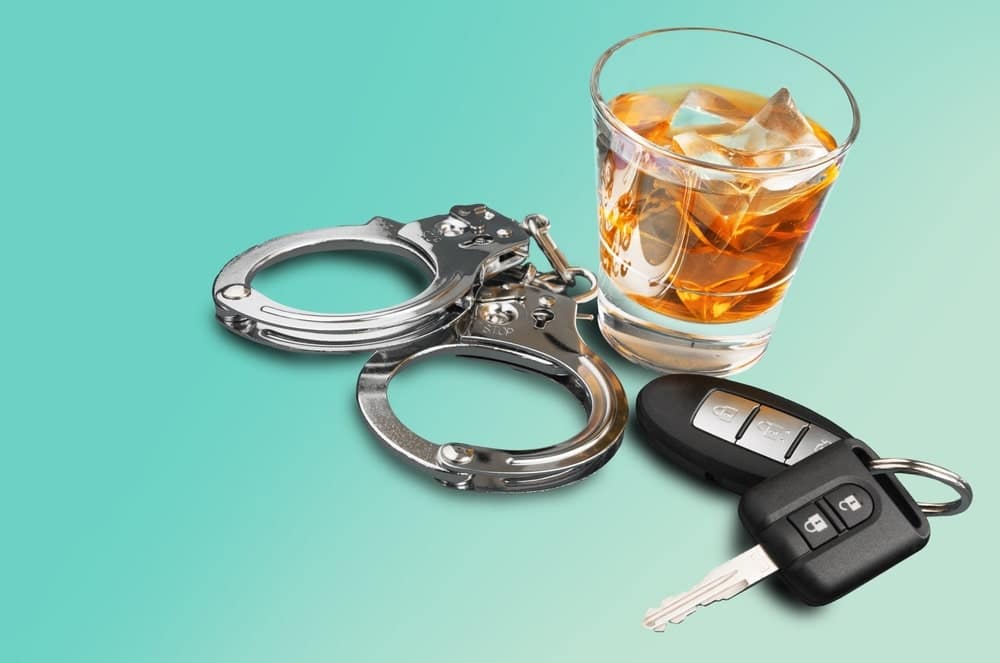In the United States, our criminal justice system makes a point of focusing more on criminal acts that were intentionally done than on those that were accidental. Because of this focus on a defendant’s mental state, many crimes in the U.S. and in Maine have a mens rea requirement. Latin for “guilty mind,” the mens rea component of a particular crime depends on the criminal statute or on prior cases interpreting the statute, and requires the prosecutor to show that the defendant had a culpable mind while committing the allegedly criminal act.
However, an important issue is the effect that intoxication has on mens rea. After all, one of the crucial components of drugs or alcohol is that it alters your state of mind, making it more difficult for you to create an intention or to knowingly do something.
Call 207-571-8146 or contact us online to schedule a consult with one of our highly skilled criminal defense & OUI lawyers, serving Southern Maine, today.
Intoxication and Mens Rea in Maine
Crucially, Maine recognizes that there are four different levels of mens rea – you can act intentionally, knowingly, recklessly, or with criminal negligence. Different crimes require different mental states. For example, murder requires you to act intentionally or knowingly, while manslaughter only requires you to act recklessly or negligently. This often results in harsher penalties for crimes that are committed with highly culpable minds than for those that are committed accidentally.
When you get intoxicated, though, determining your mental state becomes more difficult. You’re less able to make decisions or appreciate the consequences of your actions when you drink heavily or do drugs.
Intoxication Law
The intoxication law in Maine recognizes this. That’s why it allows voluntary intoxication to be a complete defense to criminal charges when the crime requires you to intentionally or knowingly commit a crime. However, if the crime only requires that you act recklessly or with criminal negligence, then whether you were intoxicated or not becomes irrelevant.
However, just showing that you were acting under the influence does not end the case if you’ve been charged with a crime that requires intent or knowledge of what you were doing. Instead, it merely shifts the burden of proof back onto the prosecutor to show that you were either not sufficiently intoxicated, or that you were still able to form the necessary mens rea.
This is exactly what happened in the case State v. Gallant. In that case, the defendant was convicted of murder even after raising an intoxication defense because of a history of domestic violence with the victim, as well as things he said after the murder that showed he knew what he did, and the fact that he strangled the victim well past the point where she lost consciousness. Each one of these facts showed that, despite being drunk at the time of the murder, circumstances showed that he was still able to form the requisite intent.
Contact the Maine Criminal Defense Group
Defending a criminal charge with an intoxication defense is tricky, because it relies on the ambiguities and difficulties that are inherent in figuring out what was going through a person’s mind. That’s why it’s important to have a solid criminal defense attorney at your side throughout the process. Contact the law office of William T. Bly by calling (207) 571-8146 or by contacting him online.
Call 207-571-8146 or contact us online to schedule a consult with one of our highly skilled criminal defense & OUI lawyers, serving Southern Maine, today.
Blog Articles

January 11th, 2025, in Skowhegan, Maine, a Maine Department of Transportation plow truck sustained a head-on collision caused by a drunk driver on Route 2, as reported by law enforcement.[...]

The tragic events of a fatal car crash in 2023 that claimed the lives of four young people have finally reached a pivotal legal outcome. Noelle Tavares, a former Maine[...]

In most states, there are many different places that the average person can take a driving course to satisfy court requirements as related to an DUI conviction. However, in the[...]

Defending against OUI offenses in Southern Maine Anyone charged with a 2nd OUI in Maine should expect little leniency from the criminal justice system. This makes it even more important[...]

Defending against OUI Refusals in Southern Maine Did you know that it is a criminal offense to refuse to submit to a chemical test if lawfully requested to do so[...]

Reducing an OUI charge in Maine OUI charges are handled severely in Maine. For many people, a drunk-driving charge is their first time dealing with the criminal justice system and,[...]

Alcohol laws of Maine While you should be aware of the strict OUI laws in Maine, it’s also important to know about other ways you can face a traffic infraction[...]

Defending against OUI offenses in Southern Maine A first OUI in Maine can potentially have long-term consequences, but with the right legal representation, alleged offenders can escape the harshest penalties.[...]

If you blow under .08 in a DUI breath test in Maine, it may be jumping the gun to breathe a huge sigh of relief. You may not be “free[...]

Last Updated: February 18, 2025 Between 11 and 15 million Americans visit Canada each year but you’re unlikely to contribute to those numbers in the future if you have an[...]


